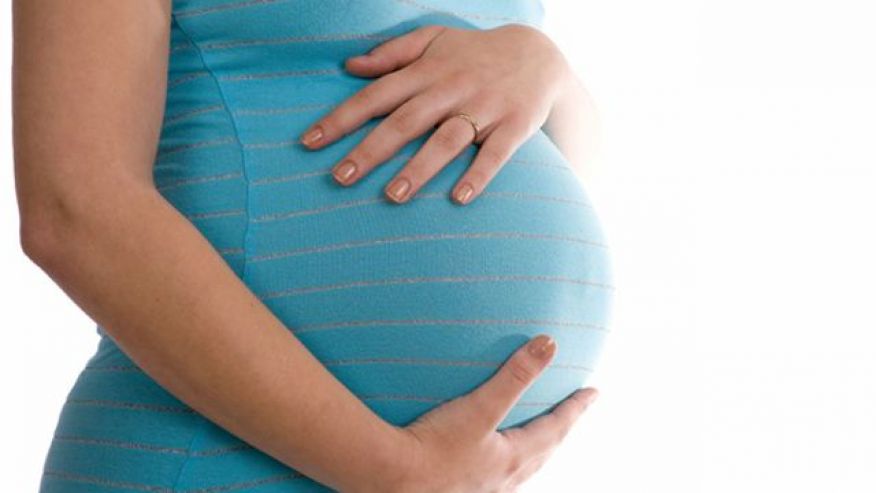Your body goes through numerous physical and hormonal changes during pregnancy. The way you nourish your body during this time will affect the health of both you and your baby. You must eat a healthful, balanced diet to help ensure you stay healthy throughout your pregnancy. The food you eat is also the main source of nourishment for your baby, so it’s critical to consume foods that are rich in nutrients. Proper nutrition can help promote your baby's growth and development. By following some fairly easy nutrition guidelines, you can be on your way to a healthy pregnancy.
Nutrition requirements during pregnancy

Your body has increased nutritional needs during pregnancy.
Although the old adage of "eating for two" isn't entirely correct, you do require more micronutrients and macronutrients to support you and your baby. Micronutrients are dietary components, such as vitamins and minerals, which are only required by the body in small amounts. Macronutrients, on the other hand, are nutrients that provide calories or energy. Examples of macronutrients include carbohydrates, proteins, and fats. You need to consume more of each type of nutrient during pregnancy. You can find these nutrients in the following foods:



























